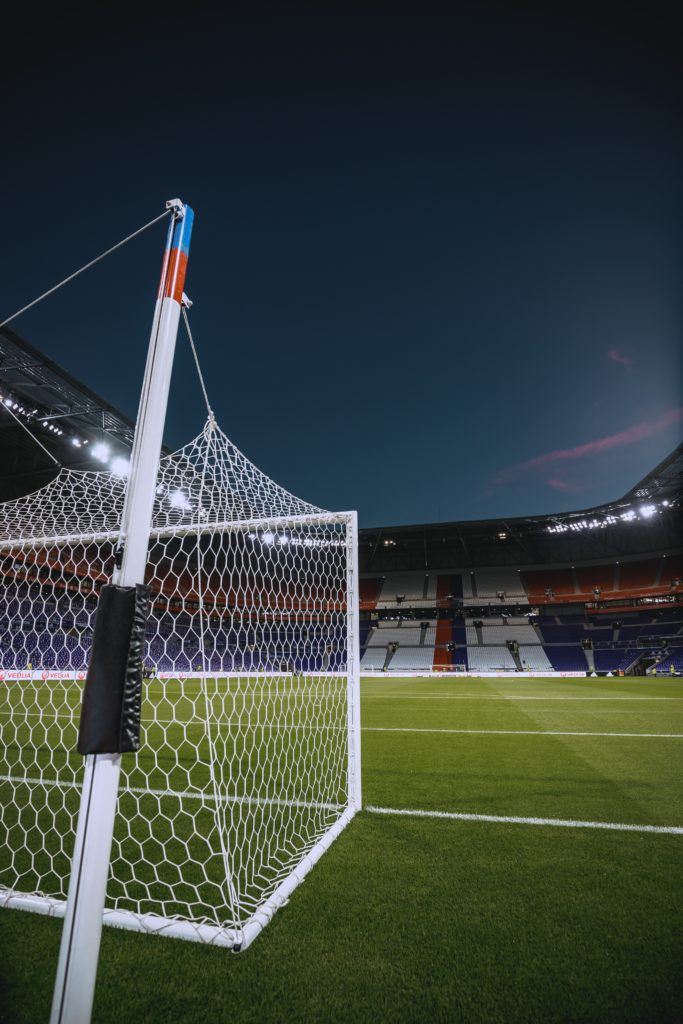The value of media rights to football matches in Norway has increased significantly in recent decades. Media rights in Norwegian football have become a current topic, especially in line with the sharp increase in value and increasing media interest. The central question is who has ownership and control over the rights to broadcast and commercialize football matches.
Two main positions dominate the debate on football media rights: ownership of the stadium and the role as organizer of the match. Whoever owns or disposes of the stadium gains control over physical access and can enter into agreements related to the event, including ticket sales and exclusive media coverage. At the same time, the organizer of the match – which is often the Norwegian Football Association (NFF) – has a central role through the sports regulations and governing laws.
The organization of sports in Norway is based on voluntary membership. Football clubs that wish to participate in the NFF’s official competitions must be members of both the NFF and the Norwegian Sports Association (NIF). NFF consists of approximately 2,000 football clubs, and the association’s laws and regulations are adopted and amended at the annual federal council. These provisions are binding on all member clubs. NFF is also a member of NIF, whose statutes and regulations are adopted by the Sports Council and apply to all members of the sport.
According to sports regulations, it is the organizer who has the ownership of the media rights for sports events. This is clearly regulated in NIF’s statutes which states that sports associations – such as NFF – have ownership rights to events they organize themselves. At the same time, participants are entitled to a fair remuneration. NFF draws up tournament regulations and sets rules for clubs and players. This means that NFF has the media rights to all competitions they organize, while the clubs are entitled to compensation. In addition, UEFA statutes give national associations exclusive media rights to matches under their jurisdiction.
Legally, there are few court decisions that directly determine who owns the media rights – the club or the association. In the so-called Nordlys judgment from 1986, handed down in the Tromsø District Court, Radio Nordlys was found liable for damages for broadcasting a league match without permission from the NFF. The court emphasized that the NFF was the formal and real organizer, and that the radio broadcast violated the NFF’s rights to the product. In Danish law, the Danish Supreme Court held that the Danish Football Association, as the organizer, could object to Dansk Radio’s reporting of matches without the association’s consent.
The established starting point, supported by sports regulations and limited case law, is that the NFF owns the media rights to matches they organize – including the Eliteserien and the Obosliga – while the clubs are entitled to reasonable compensation for their participation.
The debate about media rights extends further. The Norwegian Competition Authority stated in 2004 that the media rights can be considered as a joint ownership between the clubs and the NFF, because the clubs are responsible for the practical implementation of the matches, while the NFF manages the competitions and the framework. This raises questions about revenue distribution and decision-making authority in the event of disagreement.
The NFF and NIF do not have a monopoly on arranging football matches in Norway. Clubs can arrange their own competitions and retain the media rights if they are outside the federations. For smaller tournaments and individual matches, the clubs will normally have this right. In the case of larger events, which could challenge the NFF’s competitions, the NIF Act gives the Sports Board the opportunity to refuse clubs from participating.
The combination of regulations, practical responsibilities and economic interests makes media rights a dynamic and constantly evolving field. Commercial growth has increased the need for clear and fair rules, while technological development and new media habits challenge the established models for cooperation and revenue sharing.
In summary, under current regulations and case law, the NFF has primary ownership of the media rights for its own events, while the clubs are entitled to remuneration and in some cases may have co-ownership rights. The discussion about joint ownership of rights, revenue distribution and the relationship between federations and clubs will likely continue in line with developments within both football and the media industry.
